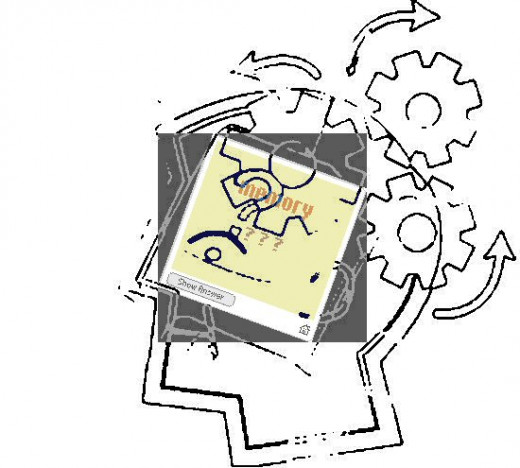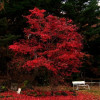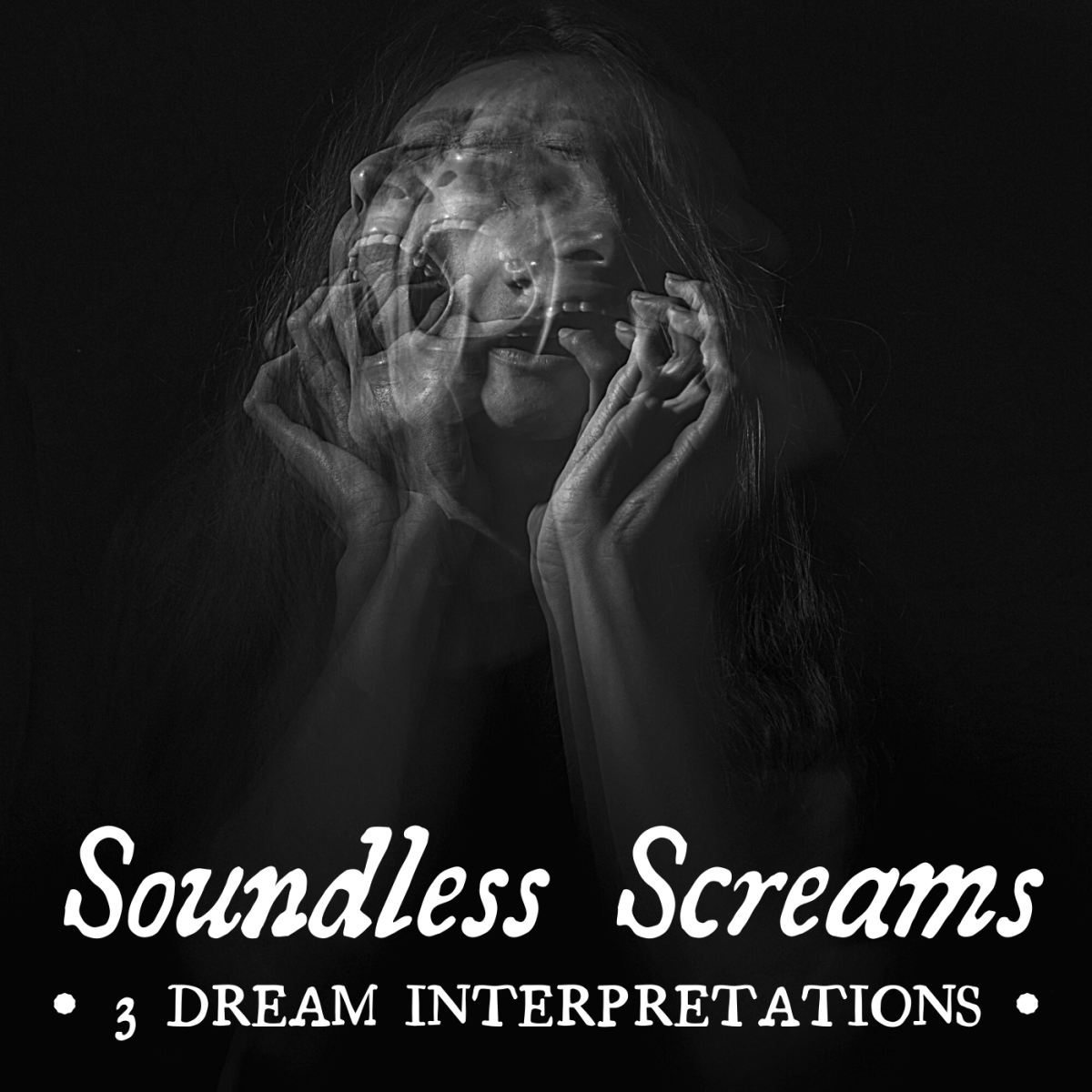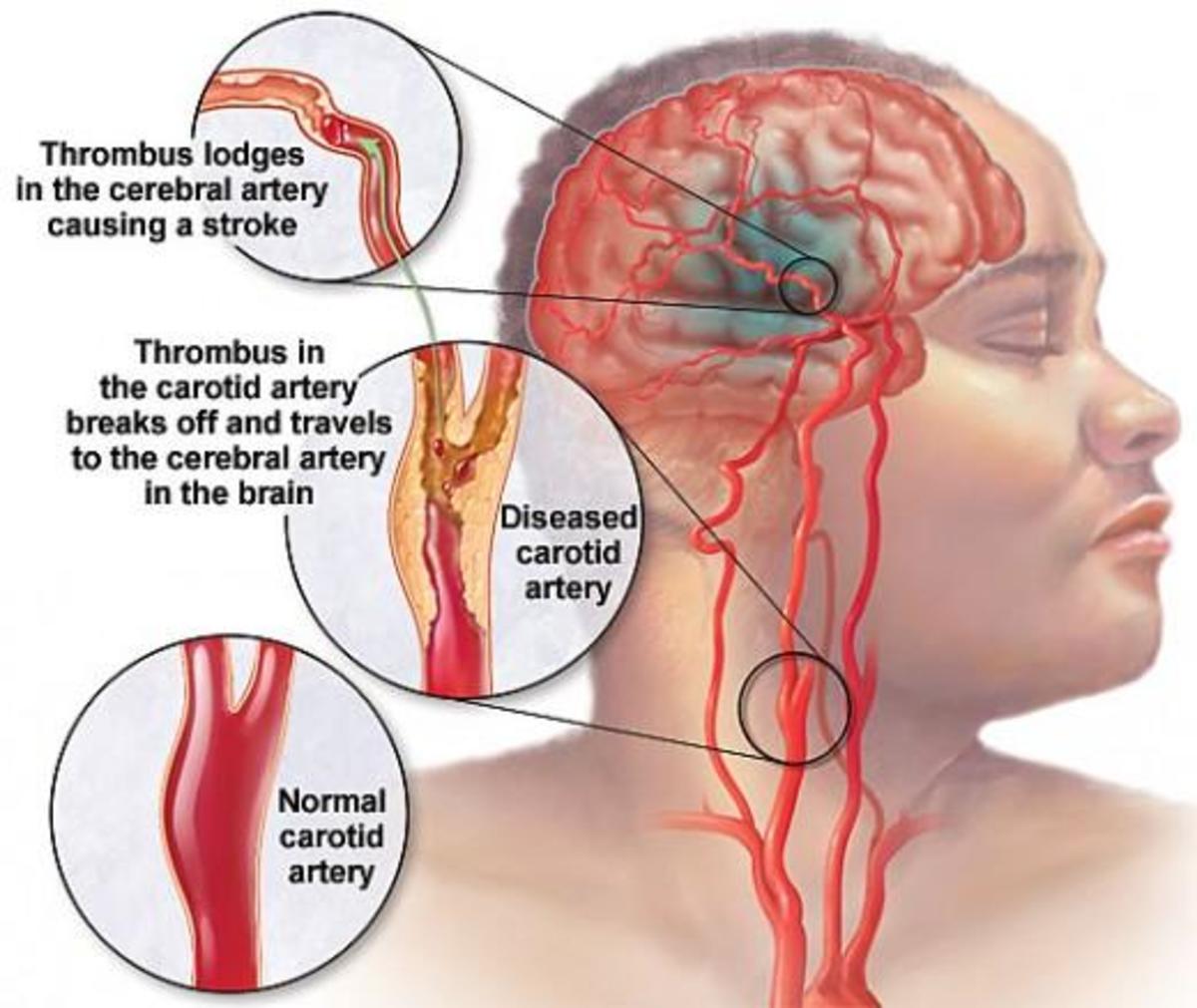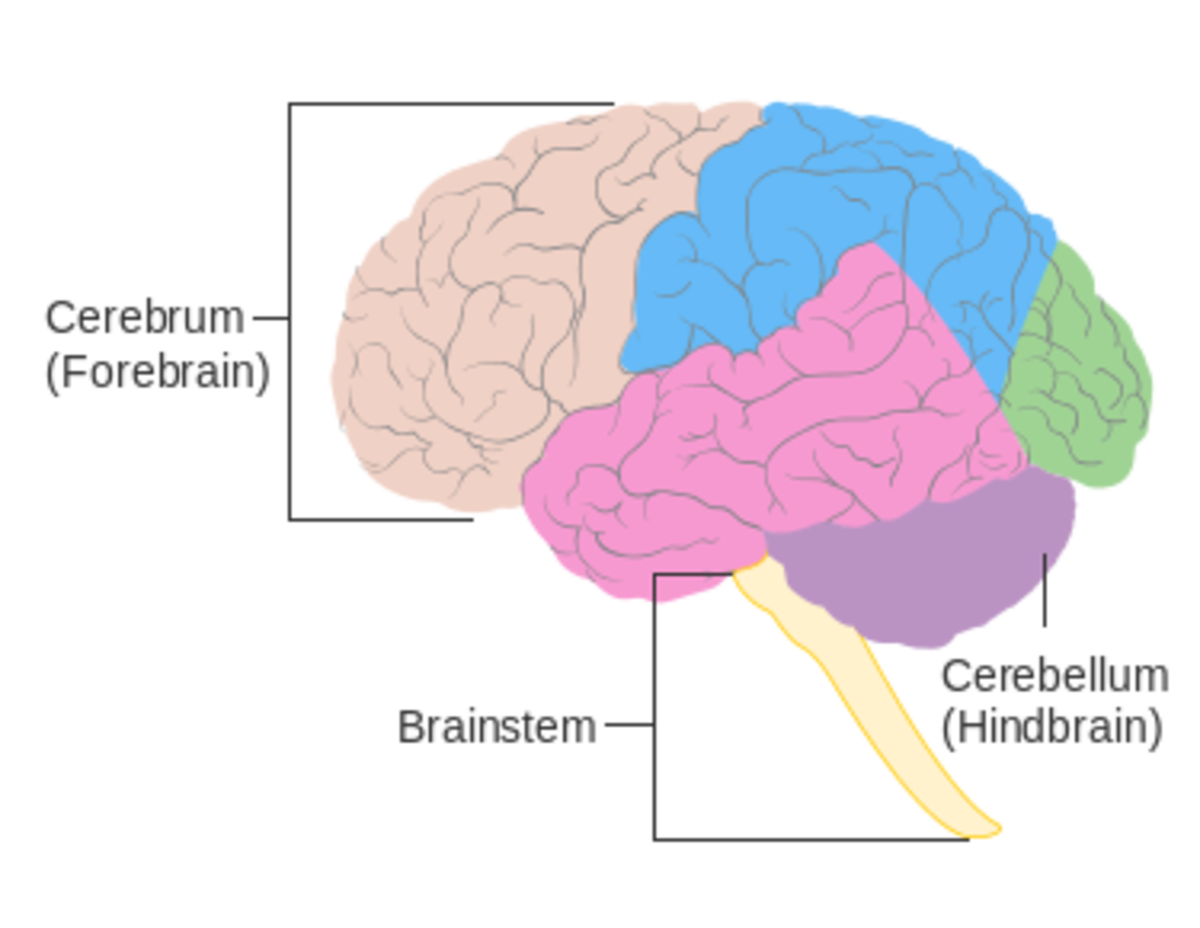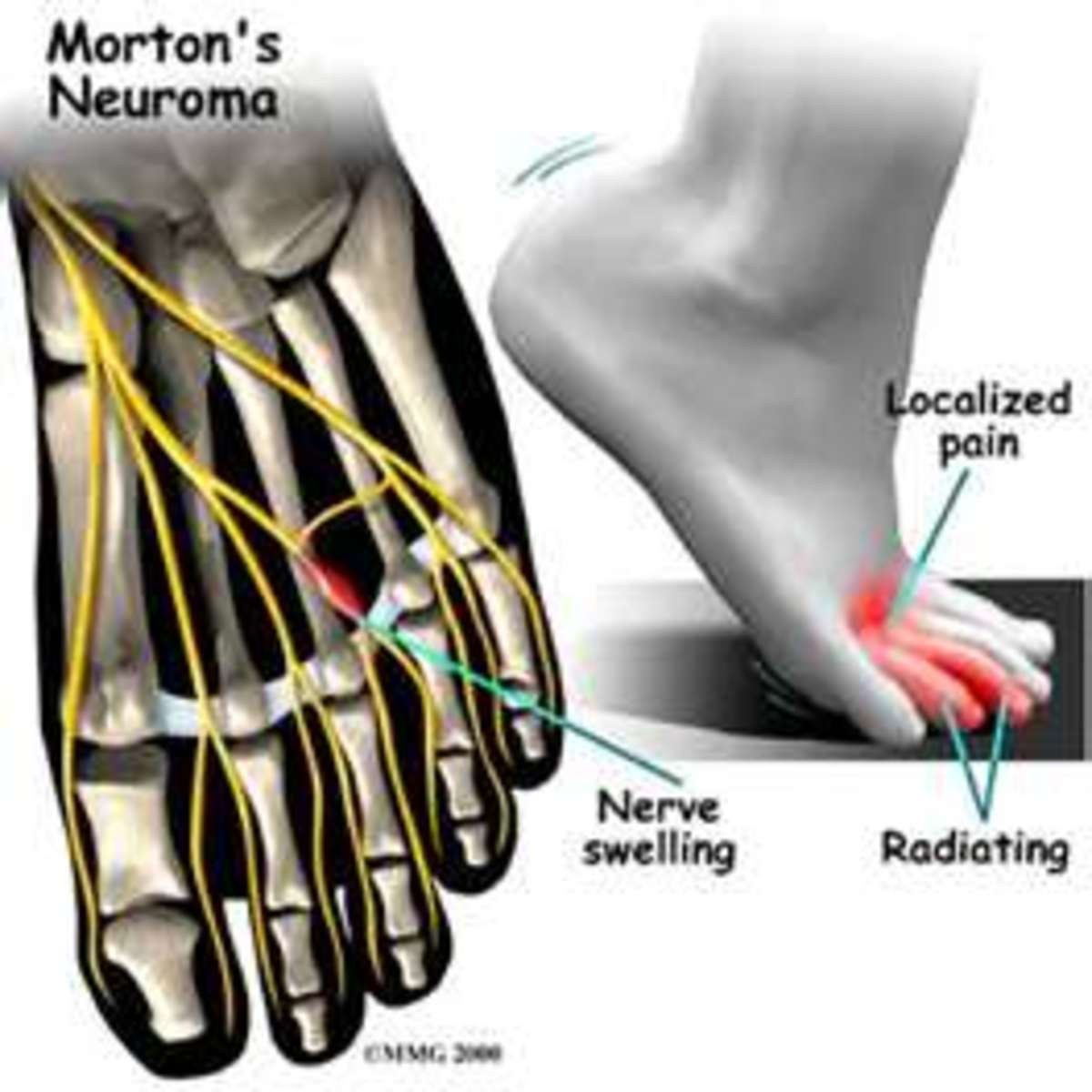Demystifying REM Sleep - Dream Sleep Is Not The Only Time For Dreams!
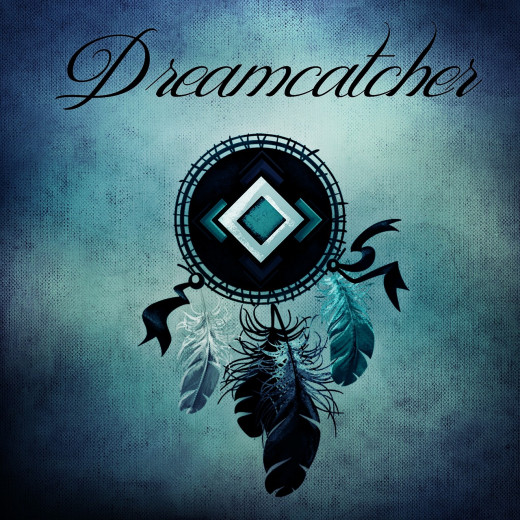
For ages we have held the belief that sleep can be separated into "deep" sleep and "dream" sleep. Scientists call it the NREM and REM sleep stages. Wherever you look on the web, people will tell you that you dream in REM sleep and you are knocked-out in NREM. Well, they are wrong. New research shows that you spend much more time dreaming during the night than previously thought.
3 Reasons Why People Think Dreams Occur Only In REM Sleep
- Timing
- Content
- Statistics
The time of night people remember their dreams
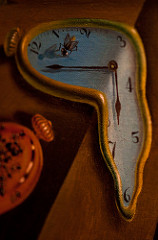
When do you remember most of your dreams? Right, when you wake up in the morning. What other possible times have you remembered a dream? During other times of awakenings during the night. We can only remember a dream when we are awake, duh. Awakenings in the morning are much more likely than early during the night. So of course we will remember more dreams in the morning and coincidentally REM sleep aka "dream sleep" is most prominent in the morning hours. The few times you remembered a dream when waking up earlier during the night was very likely out of REM sleep, too. The explanation is simple. REM sleep is known to be a much lighter sleep than NREM aka "deep sleep". I won't go into the neurobiological details behind that in this article.
People draw conclusions here from correlation rather than causation.
How can you tell if you had a dream during "deep sleep" when you have not woken up from it to actually be able to recall?
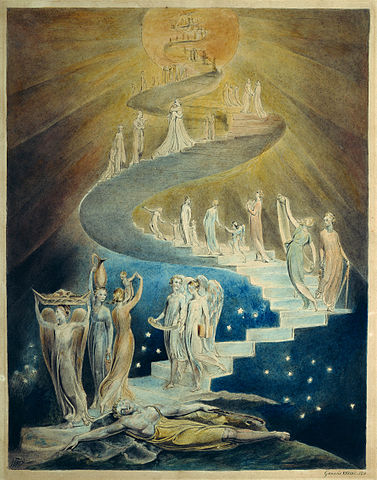
The dream story people remember
Most dream recalls and dream diaries are full of wonderful, weird and progressive story lines that resemble movies: plots with gaps - otherwise they would take too long to watch. Some people can even wake up into a half sleep half awake state and willingly go back into the story by continuing to think about the story line.
These kind of dreams are very prominent early in the morning, when people drift in and out of sleep (let's assume they do not have to get up at 5am). However, the research I am introducing here has not only shown that we can dream in any stage of sleep but that dream contents differ. The dream stories are more likely to occur during "dream sleep" whereas other contents like abstract thoughts or unrelated images and the like are more prominent during "deep sleep". And again, when do you remember a dream? Well, stories are always easier to remember than abstract images and thoughts. Every memory technique will tell you as much.
The statistics behind all of this
If you are only looking at your own dream collection history, your conclusion will turn out as described in point 1 and 2 above. Science as well has little to add in terms of objective dream research and has not focused on this particular topic. More common ideas researchers are looking into include the question whether movements during REM sleep are in line with movements during dreams people experience at the same time.
In a recent study, however, published by Giulio Tononi's team in Winsconsin (Center for Sleep and Consciousness) researchers used a rather simple set-up to ask people throughout the night about their dreams. Sleepers were woken up in random intervals every 15-20 min! I actually participated myself and was surprised on how well I could go on sleeping each time. But the real shocker were the mornings when I saw how many dreams and dream like things I had voiced on record, not being able to remember half of it standing there looking at my data!
You should try that some time! Fun night for two. Please, don't try this when you're sick or on a work schedule...
The experiment here of course was supported by measuring electrical signals from the brain, categorizing participants' sleep by sleep stages. The results are eye-opening: dream recall with content was reported in 34% of NREM aka "deep sleep" (and in 77% of REM aka "dream sleep") awakenings. And we haven't even talked about those recalls yet where people knew they had dreamt something, but could not remember what exactly.
I am curious what more interesting details they will publish about this whole experiment. Objective dream research has just started!
It all boils down to memory!
